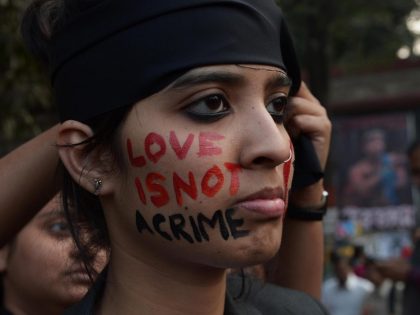For some it’s a human right, for others, it’s a crime. For India, it remains a crime. In tourism David Scowsill, CEO of the World Travel and Tourism Council (WTTC) told eTN at a recent press conference at World Tourism Day in Bangkok, Thailand: “Tourism is for all, and it includes sexual orientation”
UNWTO echoed this, but in an otherwise progressive India, hundreds of people marched in the Indian capital, New Delhi, on Sunday in an annual gay rights parade in a country that still has a law criminalizing homosexual acts. India remains a dangerous country for gay travelers.
On the surface, India is becoming more of an open society, but deep inside accepting LGBT remains a challenge, unfortunately, a criminal one.
India’s ban on gay sex — Section 377 of the Indian Penal Code — was struck down by the Delhi High Court in 2009, but it was reinstated in 2013 by the nation’s Supreme Court, which said only Parliament, not the courts, could change the law. Now, however, the Supreme Court’s chief justice is hearing a challenge to Section 377, which has been denounced by Indian celebrities and religious leaders as well as by diplomats around the world.







